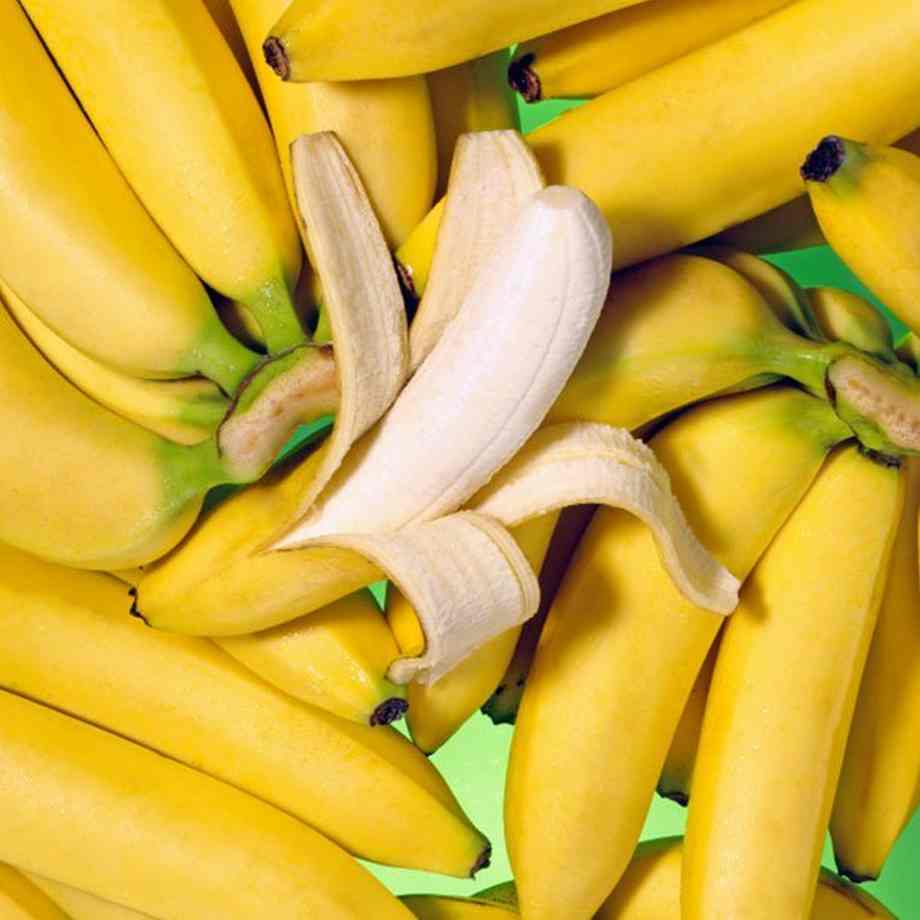
Cow’s Milk: 1% and a pair of%
All 4 forms of cow’s milk (skim, 1%, 2%, and entire) have the identical quantity of protein, calcium, and nutritional vitamins. The distinction is in energy and fats. A cup of 1% lowfat milk has 102 energy and 1.5 grams of saturated fats. A cup of two% diminished fats milk has 3.1 grams of saturated fats. Each have a number of the creaminess that skim milk lacks. In the event you’re attempting to change to non-fat milk, you may begin with these to regulate to the style distinction. They will also be good choices for teenagers who have to drink much less juice or soda.

Cow’s Milk: Complete
Complete milk, which is 3.5% milk fats, is closest to the liquid that comes out of the cow earlier than processing. Who ought to drink it: Infants between 1 and a pair of years outdated, whose rising brains want a higher-fat weight-reduction plan, and adults who may use extra energy. In the event you simply love the style of entire milk, it is OK to indulge. Pair it with a high-fiber cereal after which watch your saturated fat for the remainder of the day.

Chocolate Milk
Apart from being a youngsters’ favourite, chocolate milk could also be an excellent post-workout restoration drink. There’s nothing particular in regards to the chocolate, although; flavored milks (strawberry and vanilla, too) have the best 4:1 ratio of carbohydrates to protein the physique wants for muscle restoration and rebuilding after train. These drinks have the identical vitamins as common milk, however they’ve added sugar.

Lactose-Free Milk
Some folks have hassle digesting lactose, the pure sugar in dairy meals. The issue, generally known as lactose intolerance, could cause bloating, gasoline, and diarrhea. However lactose-free milk has been handled, so it would not trigger these issues. It has the identical vitamin as cow’s milk. Nevertheless it tastes barely sweeter as a result of the lactose has been damaged down into easy sugars.

Goat’s Milk
Within the plus column, a cup of this drink has tons of protein — 9 grams per cup, essentially the most of any milk. It is also richer in calcium than skim, with 33% of what you want every day. The cons: It has 168 energy and 6.5 grams of saturated fats per cup, way over entire cow’s milk. One research discovered that it had no clear dietary benefit over cow’s milk, and should you’re allergic to cow’s milk, you will in all probability be allergic to this as effectively.

Soy Milk
Produced from floor soybeans soaked in water, it is a vitamin powerhouse: All the advantages of cow’s milk from a nonanimal supply. A cup of calcium-fortified nonsweetened soy milk has about 7 grams of protein, 4 grams of carbohydrates, and 300 milligrams of calcium. (Flavored variations will be excessive in added sugars.) It is a good choice for vegans, people who find themselves lactose illiberal, or these with a dairy allergy. However should you go for a milk substitute, be sure your alternative is fortified with calcium and vitamin D.

Almond Milk
Produced from floor almonds and filtered water, one cup of almond milk can have fewer than 30 energy whereas packing 450 milligrams of calcium. That is greater than most cheese, yogurt, and soy milk. Understand that the advantages do not come near what you get from an oz. of uncooked almonds, which have much more protein, fiber, and wholesome fat. However it may be a good selection for folks on a low-sugar weight-reduction plan, these with a dairy or soy allergy, and vegans who do not like soy milk.

Rice Milk
Rice milk has earned its place on the shelf as an easy-to-digest soy various that is additionally nut- and gluten-free. It is comprised of floor brown rice and water, and nutritionists suggest it for folks with a number of meals allergic reactions. On the draw back, a cup of unsweetened rice milk has simply 1 gram of protein, and since it is comprised of rice, it is naturally excessive in carbohydrates.

Cashew Milk
With a candy and creamy taste, cashew milk is a well-liked choice for nondairy cream soups, dressings, and sauces. Shut in texture to entire milk, it has fewer energy than skim. One cup of fortified unsweetened cashew milk has 25 energy per serving, zero sugar, and likewise has 32% extra calcium than dairy milk.

Macadamia Milk
Milk comprised of macadamia nuts is another choice for folks on a plant-based weight-reduction plan. Like almond milk, a cup of it provides you 45% of your really useful every day calcium, however with about as a lot fats as 2% cow’s milk (5 grams per cup). Who ought to attempt it: Milk drinkers trying to keep away from dairy, soy, and gluten.

Coconut Milk
It is not only for pina coladas and curries — coconut milk is in every single place lately. However know the variations: Canned coconut milk is the liquid expressed from coconut meat. With 36 grams of fats per cup, it is the nondairy equal of heavy cream. It is an amazing substitute in soups, puddings, and vegan ice cream. “Coconut milk beverage,” discovered within the refrigerated part, is unsweetened and watered right down to decrease the energy and fats. One cup has 45 energy and three.5 grams of saturated fats.
One cup of sweetened coconut milk has 74.4 energy and 5 grams of saturated fats.

Hemp Seed Milk
Lovers of this drink say it is thicker and creamier than soy milk, and never as grainy. Produced from hemp seeds, a cup of unsweetened hemp milk is wealthy in omega-3 and omega-6 fat, and different vitamins. However, it has 60 energy per cup, which is larger than rice and almond milks. An alternative choice for individuals who have a number of meals allergic reactions.

Flax Seed Milk
It is one of many newer milk substitutes to hit the cabinets. It is merely cold-pressed flax oil blended with filtered water. Regardless that it has 70 energy per cup, it boasts 1,200 milligrams of heart-healthy omega-3 fatty acids. Who ought to attempt it: These on the lookout for a dairy-free milk with out the style of soy or nuts.

Purchase or Make Your Personal?
Primary nut and seed milks are pretty straightforward to make: Merely soak, mix, and drain. Commercially manufactured nut milks are sometimes fortified with vitamin D, calcium, and different vitamins to place them on par with dairy milk. However, producers additionally add sweeteners, preservatives, and stabilizers you might not need.












